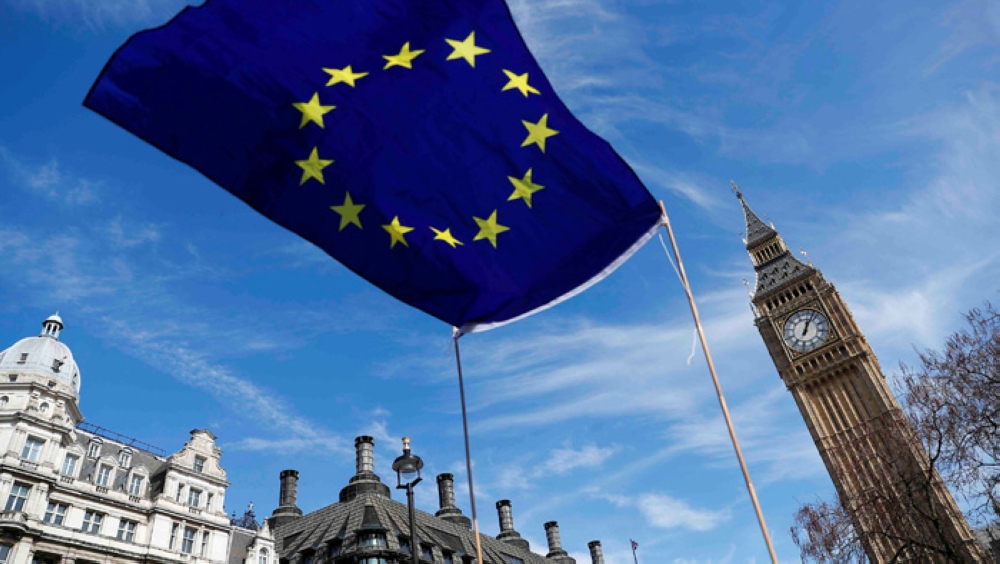
Brussels: The European Union is to provide 578 million euros ($717 million) to build a power link between Spain and France to carry excess Spanish renewable energy and ease one of Europe's worst network bottlenecks, an EU source said.
The grant will be the EU's largest ever grant for energy infrastructure. Construction of the 370 kilometre (230 mile) Franco-Spanish subsea power cable across the Bay of Biscay, west of the Pyrenees mountain range, will nearly double current power exchange capacity to 5,000 megawatt.
The European Commission wants the links to ease the uptake of renewable energy in both countries, reduce the continent's dependence on Russian gas and help it meet its climate goals.
"Only a fully interconnected market will improve Europe's security of supply, ending the dependence of single suppliers and give consumers more choice," Europe's Climate Commissioner Miguel Arias Canete told Reuters ahead of the announcement on Thursday.
He said the project would help "end the isolation of the Iberian Peninsula" - long a bugbear of Spanish energy executives who complain of France's reluctance to boost cross-border links.
On an EU scale that aims for each member state to reach at least a 10 per cent interconnection level, Spain is currently at 6 per cent, according to Commission figures.
The investment is part of a pot of 873 million euros that EU nations agreed to invest in 17 energy infrastructure projects towards the goal of a single energy union in which power and gas would flow freely and be cheaper. It will come out of an EU fund known as the Connecting Europe Facility (CEF).
To address grid bottlenecks in Germany, the EU will give 70 million euros for the start of construction on the SuedOstLink to transport northern wind power to the south of Germany. Among the gas projects, the EU will grant 101 million euros for the introduction of natural gas in Cyprus and 3.7 million euros for a study on a potential gas link between Malta and Italy.
The bloc is drafting new renewable energy targets to help meet its climate pledge to cut emissions by 40 percent by 2030. A report by the Commission seen by Reuters, and due to be published later on Thursday, showed the share of renewables in energy consumption reached 17 per cent in the bloc in 2016.
The EU has set itself a goal of 20 per cent by 2020 - though each member state has its own national target based on its own economy's potential.
Eleven EU states have already reached their 2020 targets. The Netherlands, France, Ireland, Britain and Luxembourg are furthest away from their goals, according to the Commission's report.